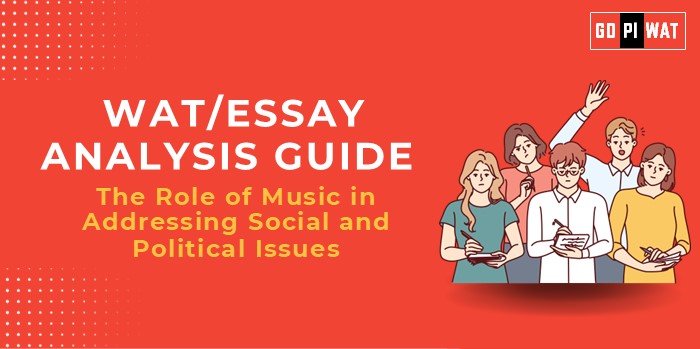🎵 The Role of Music in Addressing Social and Political Issues
🌍 Understanding the Topic’s Importance
Music transcends boundaries, reflecting societal narratives and influencing change. Its emotional resonance has historically united communities and mobilized movements, making it a powerful tool for addressing social and political issues.
📊 Achievements of Music in Social Change
- 🎤 Civil Rights Movement: Songs like “We Shall Overcome” became anthems for equality and justice in the 1960s.
- 🌱 Environmental Awareness: Artists like Michael Jackson (“Earth Song”) highlighted ecological concerns on global platforms.
- 🤝 Charity Concerts: Events like Live Aid raised millions for famine relief, showcasing music’s tangible impact on humanitarian efforts.
⚠️ Challenges in Using Music for Activism
- 🚫 Censorship: In authoritarian regimes, protest songs are often banned, stifling artists’ ability to voice dissent.
- 💰 Commercial Pressures: The music industry’s profit-driven focus limits support for politically charged or independent music.
- 📡 Unequal Access: Marginalized communities often lack platforms to amplify their voices through music.
🔮 Future Outlook: Enhancing Music’s Role in Activism
- 📱 Digital Platforms: Streaming services and social media democratize music distribution, allowing grassroots movements to gain traction.
- 🎶 Collaborations: Partnerships between artists and activists can amplify causes, as seen with climate action campaigns featuring global musicians.
- 🌐 Global Movements: Virtual concerts and online collaborations increase inclusivity and engagement for international causes.
💡 Recommendations for Sustainable Progress
- 🎧 Support Independent Artists: Develop platforms that prioritize socially conscious music over commercial content.
- 🌟 Incorporate Music in Education: Teach students about the historical and cultural significance of protest music.
- 🤝 Foster Artist-Activist Partnerships: Encourage collaborations that align artistic expression with impactful advocacy.
✍️ Conclusion
Music’s universal language makes it a unique and potent medium for social and political change. From civil rights anthems to global charity concerts, its impact is undeniable. However, addressing barriers like censorship and commercial bias is essential to unlock its full potential. By fostering inclusive platforms and empowering independent voices, music can continue to inspire action and unite humanity in the fight for justice and equality.


